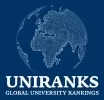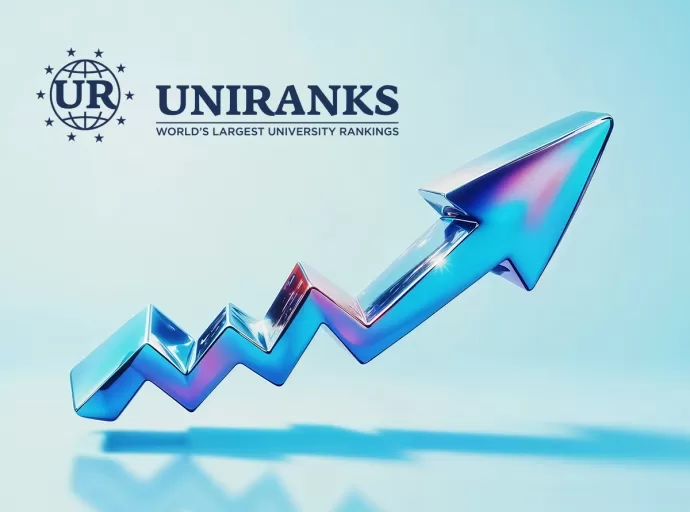What if every research project could instantly spark a real-world breakthrough and every breakthrough could lead to even greater discoveries?
That’s the essence of the modern research ecosystem. In today’s fast-moving digital era, innovation no longer ends in a lab or a publication. Every discovery fuels new technologies, which in turn spark fresh questions, creating a continuous loop of progress.

Universities of the Future: Trends Shaping Global Higher Education in 2025
UNIRANKS NEWS

How UNIRANKS is Redefining Global University Rankings

From Classrooms to Careers: The Role of AI in Student Career Pathways

Bridging the Gap: How Universities Can Improve Graduate Employability Today












